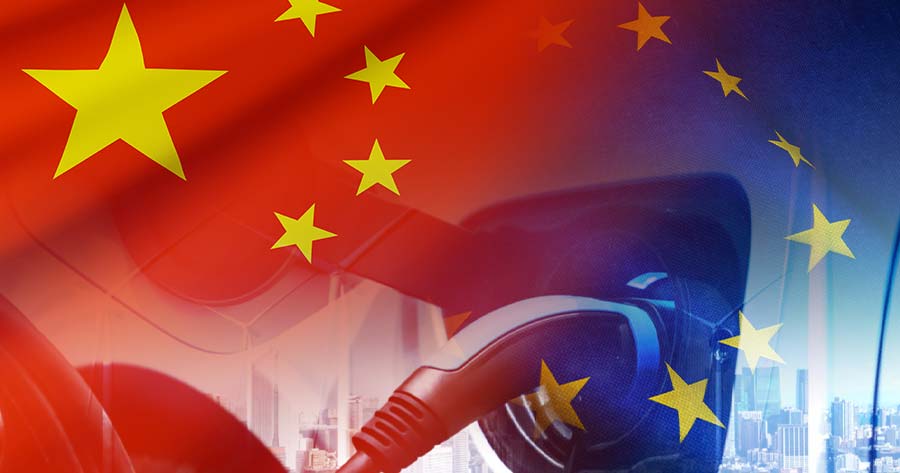The European Union (EU) will soon send officials to China to discuss tariffs on Chinese electric vehicles (EVs), despite the complexity of the topic. Nonetheless, accepting this invitation has indicated positive momentum in the negotiations.
The latest spat came after the EU approved to raise tariffs of up to 45.3% on EV imports, targeting Chinese carmakers. The move prompted a quick retaliation by China as a report from Reuters, citing its sources, stated that Beijing ordered its carmakers to halt any big investment in the nation that supports the implementation of raising tariffs.
France, Poland and Italy are among countries that supported the measure in a voting earlier this month, while Germany and five other members in the bloc opposed the move.
The two nations have been discussing “price undertakings,” a system aimed at controlling export prices and volumes to avoid tariffs. However, even after eight rounds of negotiations, they have yet to meet the EU’s strict requirements or align with World Trade Organization (WTO) rules.
A major challenge in these negotiations is the stance taken by China, which does not want carmakers to seek individual deals with the EU. Instead, it prefers to have all carmakers under a collective agreement overseen by a Chinese trade body.
This demand contradicts WTO rules, which permit individual pricing agreements. Furthermore, the EU believes that individual pricing agreements could potentially lift tariffs on models covered by these alternative deals.
Despite these challenges, there has been some progress. Negotiators have been attempting to simplify the conditions of the price undertakings, particularly regarding new models that have not yet been exported. This is also an effort to mitigate risks like cross-compensation, where minimum import prices on EVs are offset by sales of other goods, such as hybrid cars.





